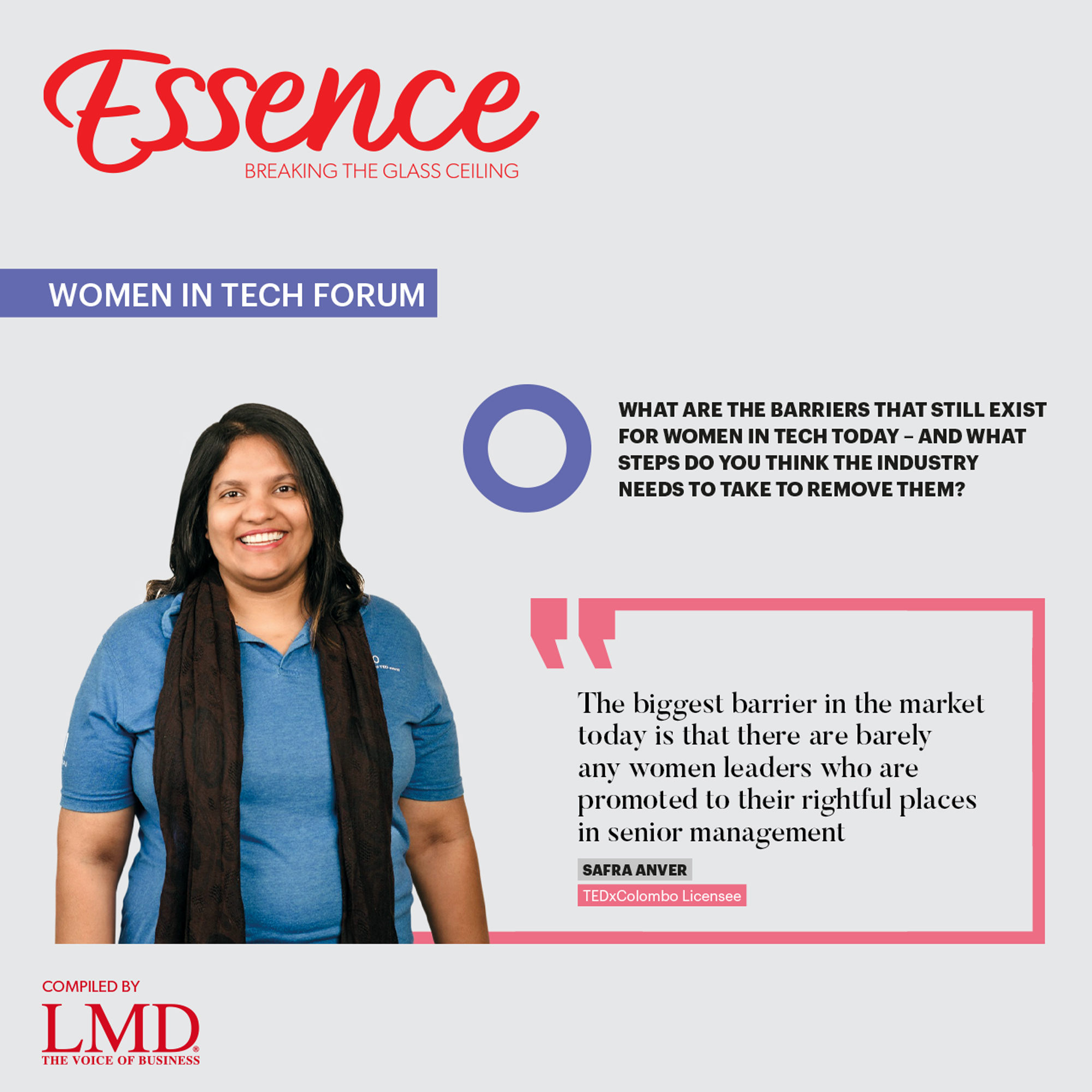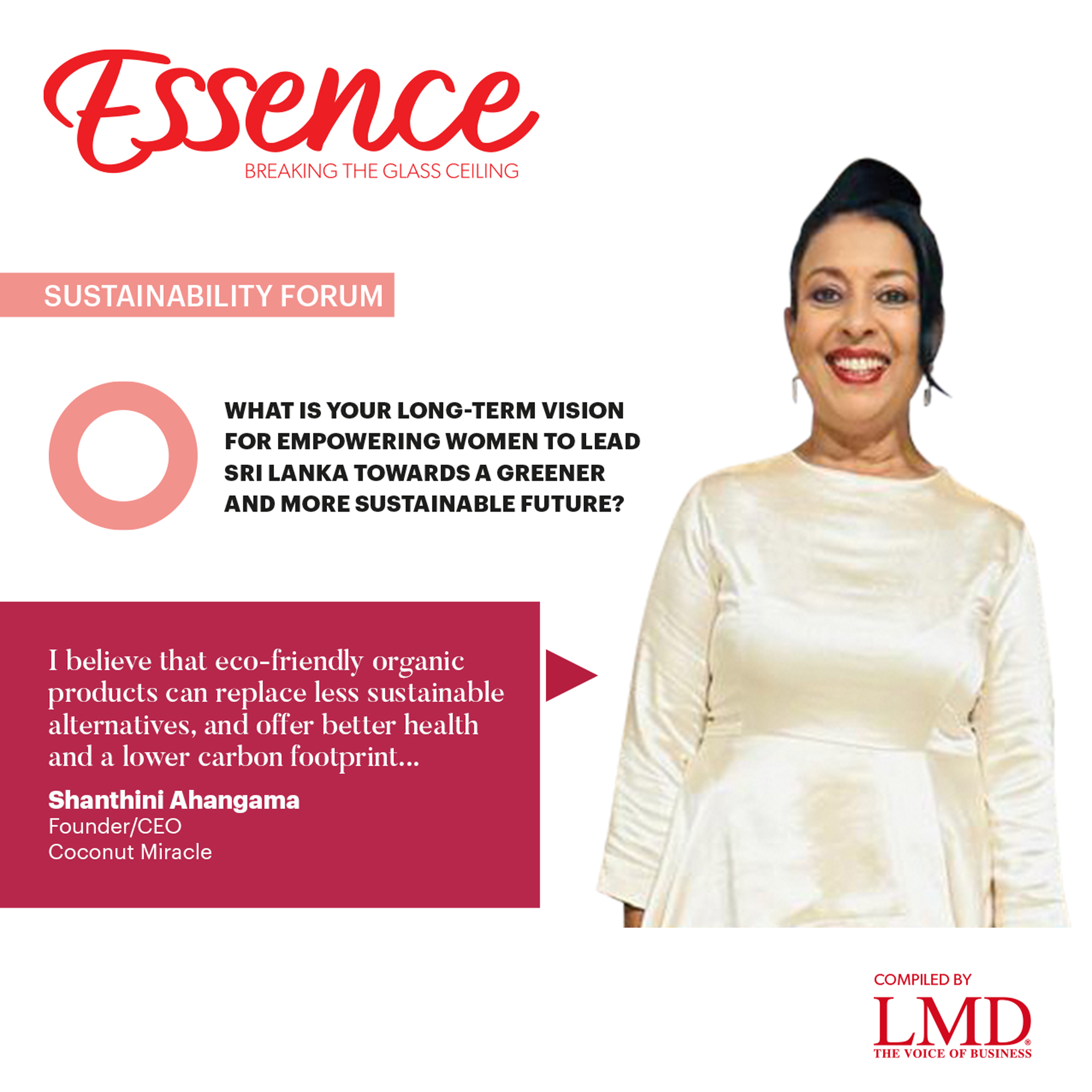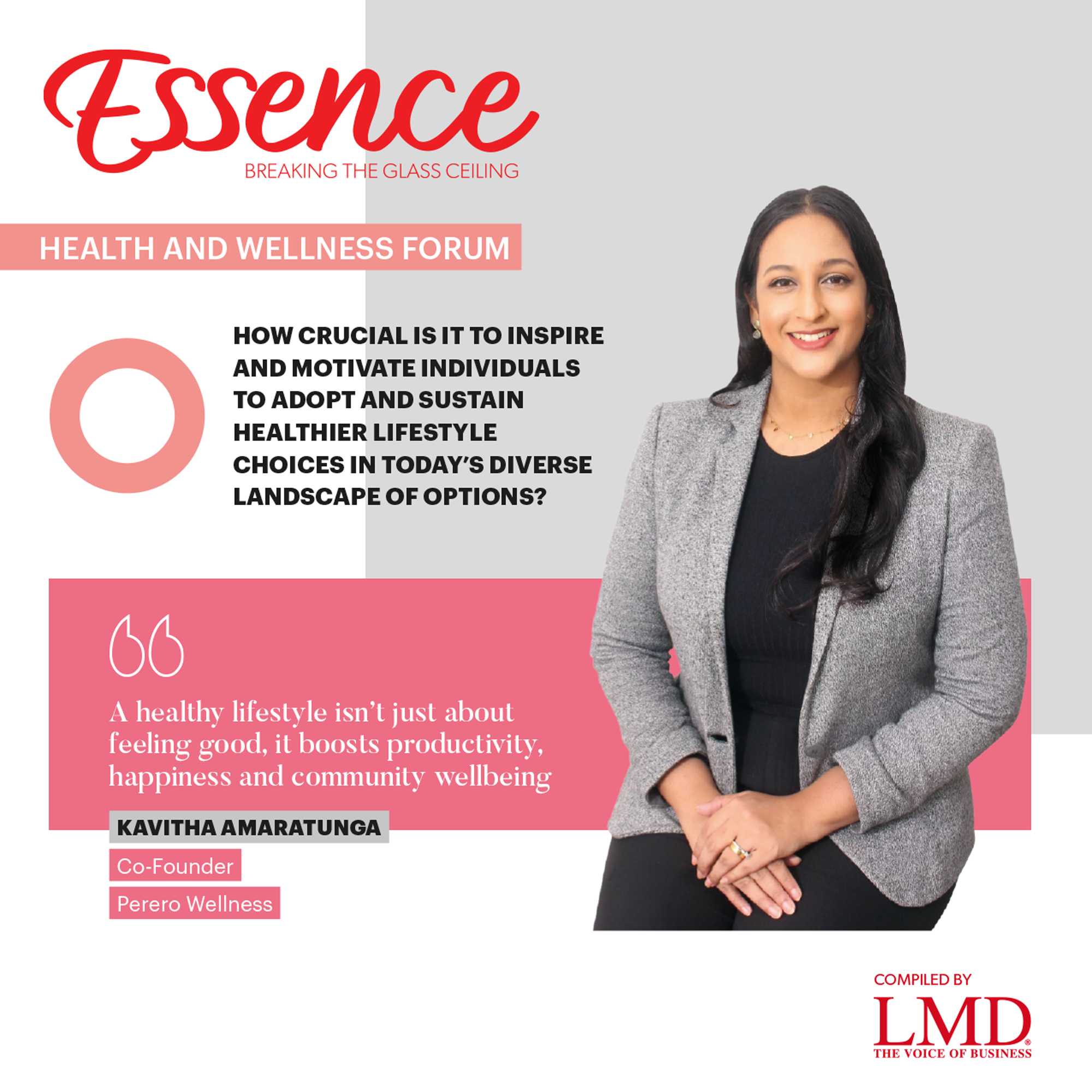CULTURAL DIALOGUE
BRIDGING CULTURES THROUGH MUSIC
Kishani Jayasinghe has carved out an extraordinary path in the world of opera by breaking barriers and challenging stereotypes along the way
 Kishani Jayasinghe is a celebrated soprano whose powerful voice and exceptional talent have earned her recognition on prestigious stages worldwide. With a career that spans over two decades, she is a trailblazer in the world of opera; and she uses her platform to bring more diverse voices into the spotlight and amplify women’s stories.
Kishani Jayasinghe is a celebrated soprano whose powerful voice and exceptional talent have earned her recognition on prestigious stages worldwide. With a career that spans over two decades, she is a trailblazer in the world of opera; and she uses her platform to bring more diverse voices into the spotlight and amplify women’s stories.
Known for her ability to blend artistry with advocacy, Kishani is also a passionate educator. She is empowering the next generation of artistes to use music as a vehicle for self-expression and cultural connection.
In this interview, we explore her journey as a soprano, her perspectives on the evolving role of women in the arts, and her commitment to using opera as a means of bridging cultural divides and sparking important social dialogues.
Q: What initially drew you to opera – and how has your Sri Lankan heritage influenced your journey as an artiste?
A: My love for opera was seeded in an unusual upbringing immersed in Western music. My father played the cello, and our household was filled with orchestral sounds, while my mother’s side had a passion for opera.
Sunday lunches often echoed the voices of Maria Callas and other greats. This exposure fostered a deep connection to the emotive power of the human voice and that resonated with me profoundly.
However, my path to opera wasn’t linear. Growing up in Sri Lanka, a career in the arts, especially opera, was far from the norm. Like many, I initially pursued a traditional path by studying law.
But my passion for music eventually led me to a career that seemed unimaginable for a Sri Lankan. While initially a barrier, this heritage enriched my perspective, and brought a unique depth and resilience to my artistry.
Q: As someone who has performed on some of the world’s most prestigious stages, what role has your identity as a Sri Lankan-British artiste played in shaping your career?
A: My identity has been both a challenge and an asset. Growing up in Sri Lanka, my artistic foundation was deeply rooted in my heritage, though the operatic world is predominantly Western.
Upon transitioning to the British stage, my Sri Lankan identity stood out in a mostly European and African dominated opera scene.
Breaking into this world meant overcoming scepticism and stereotypes. I often had to prove that my talent transcended my appearance. One memorable instance was when a makeup artiste, unprepared for a brown skinned Pamina in The Magic Flute, had to use my mother’s foundation for my stage look.
Despite these challenges, I had exceptional mentors and unwavering family support.
Being Sri Lankan added cultural richness to my performances while my bilingual upbringing helped me master multiple languages for opera. My British identity later facilitated my entry into European professional circles, though the journey was demanding.
Ultimately, my heritage gave me a unique perspective that blended cultural insights with operatic training.
Q: How do you think the performing arts, especially opera, can amplify women’s voices and stories in today’s world?
A: Opera, by its very nature, is highly specialised. It focusses on perfecting the human voice, where the singer is both the instrument and the artiste. This means bringing out a full range of emotions from softness to power.
Since opera intertwines emotions with dramatic narratives, it is a powerful medium to amplify women’s voices.
Historically, opera has showcased strong female characters who portray strength, humanity and struggles that resonate deeply with audiences. I hope that in the future, women will not only perform but also shape the narratives both on and off the stage.
Although male composers, directors and conductors have historically dominated the field, more women are entering these roles today, and paving the way for richer and more diverse storytelling.
I have found joy in teaching, and helping students use their performances to tell their stories and developing their character. Through initiatives such as the Colombo Opera Festival, we have been able to showcase local talent and tell more diverse stories. Such platforms challenge stereotypes and spark important cultural dialogue by celebrating the multifaceted roles women play in society.
Q: In your view, what unique challenges and opportunities exist for women pursuing careers in opera and classical music?
A: Opera has traditionally been male dominated with male conductors, directors and composers shaping the portrayal of women, and limiting the creative autonomy of female artistes.
A significant challenge is the industry’s focus on appearance and age, which disproportionately affects women.
The pressure to maintain a youthful appearance is intense. After having my son, I faced the challenge of returning to a role four months later and fitting into costumes that had been measured a year ago.
However, there are opportunities. Winning international vocal competitions has opened doors for me and the industry is slowly recognising the need for diversity; it is creating more opportunities for women and women of colour. Education plays a crucial role in overcoming these barriers.
The better you are in your craft, the more opportunities you can create. I strongly believe that education is key to challenging difficulties and creating new opportunities for women in the arts.
Q: In what ways do you think the arts can bridge cultural divides and create a space for diverse voices to be heard?
A: Music has the unique ability to transcend languages and cultural barriers, and offers vast opportunities for those pursuing a career in opera.
However, the traditional structure of classical music has been male dominated and this can limit the creative autonomy of female artistes. Despite these challenges, the industry is slowly evolving to embrace more diverse voices and allowing female artistes to express themselves more freely.
A significant challenge in opera is the focus on appearance and age, which can disproportionately affect women’s careers. The pressure to maintain a certain image can be daunting but it is important to focus on the craft, and continue pushing for diversity and inclusion.
Q: What legacy do you hope to leave behind as a soprano – and as an advocate for women and cultural expression through the arts?
A: ‘Legacy’ is a heavy word because everything we do as artistes carries the weight of what we leave behind. I hope to be remembered not only as a soprano who performed on renowned stages but also as someone who worked to bring diverse cultural aspects to Sri Lankan stages.
I aim to be seen as a cultural pioneer who introduced opera to Sri Lanka and enriched our cultural landscape. My goal has always been to instil confidence, knowledge and the ability to communicate through music and expression, and inspire others to be their best artistic selves.
After over 20 years on stage, I have found deep fulfilment in teaching. During the pandemic, I initiated an online programme that reached students from cities and towns like Anuradhapura, Polonnaruwa and Balangoda – places that are not typically associated with opera.
Through this programme, I focus on performance skills, confidence building and overcoming challenges. These students come together in Colombo for live performances, and showcase a wide repertoire that includes opera, jazz, classical and folk songs.
Ultimately, I hope to leave behind the message that music is a universal language – and culture and art are essential for life. Through teaching and performances, I aim to show that music, opera and culture are powerful, healing and unifying forces.
This is the legacy I wish to leave behind.









